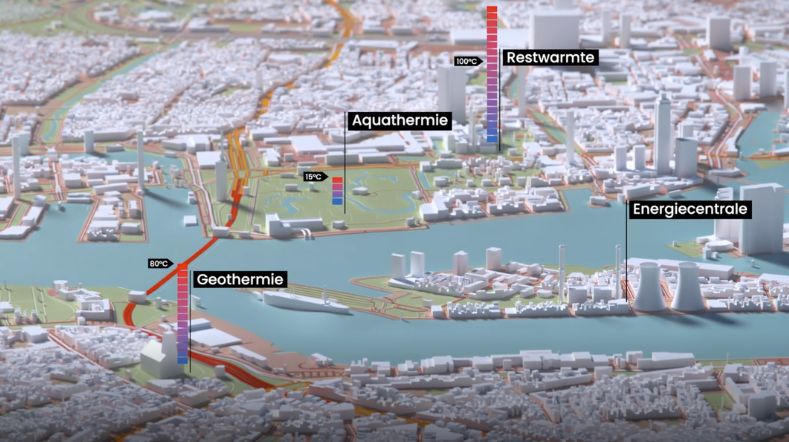GEMINI: intelligent decision support system for geothermal assets
Geothermal energy is regaining momentum as a renewable energy source in the race against climate change, with the realistic promise of much broader applications in the years to come. TNO has been contributing its expertise on this technology for some years now through collaborative projects such as WarmingUP GOO and Nieuwe Warmte Nu!, with others in the pipeline.
Last year, TNO initiated its own project called GEMINI, in which digital twin models of physical assets and a web-based framework help operators monitor and manage the highly complex systems in geothermal plants. The objective of GEMINI is to give geothermal operators and the sector an open-source digital platform that securely stores all the required data and models to monitor, maintain, forecast and optimise the geothermal system performance.
To carry this development through, Nieuwe Warmte Nu! has launched its innovation project entitled Optimisation of Data-driven Development for Geothermal Systems in November 2023. Supported by the National Growth Fund, the project is a joint effort with consortium partners from the full value chain, including Aardyn, HVC, WEP (Well Engineering Partners), Helin Data, TNO, Geothermie Nederland, and the Netherlands Enterprise Agency.
Preparing operators for the growth of geothermal energy
There is no doubt that geothermal energy as a sustainable heat source will play an ever-greater role in our economy, whether that’s in greenhouses, industry or the built environment. It is expected that the number of geothermal systems will grow exponentially over the coming decades. To be able to run and maintain these systems, operators in the control room require up-to-date, accurate data on which they can base their decisions. And the more systems and assets you monitor, the more decisions you need to make. GEMINI bridges the gap between the physical and digital worlds, using human-centred and intelligent technology to build dynamic, virtual replicas of physical models that support operators in geo-energy plants.
Mirroring the physical and digital worlds in real time
TNO is developing the advanced simulation tool that combines physics-based models, chemistry models, data-driven models and physics-informed AI models, which are all brought together into one flexible web-based framework. The models are standardised and, in the future, can be replicated to work with other systems in other industries.
Furthermore, TNO is building the framework for the digital twin technology, which interacts in real time with the data streams and TNO’s in-house developed models. Pejman Shoeibi Omrani is Senior Scientist for Energy Transition at TNO. He thinks that in three to four years’ time, we will have an incredibly rich source of models that have already been validated. “The data will be owned by the operators, of course, but the models themselves will be open source. We also aim to promote the added value of data sharing across the sector”, Pejman explains.

“The technology behind the GEMINI project can be further extended to support other large projects for various types of geothermal systems with different types of subsurface characteristics. And it won’t be restricted to the Netherlands either. Countries like Germany and Denmark, Finland, the UK, and others can benefit from the GEMINI project.”
Industries such as manufacturing, supply chains, wind farms, aerospace and automotive are already embracing digital twins to help optimise performance and enhance their competencies. Applying this technology in geothermal and subsurface heat storage systems, however, is novel. “But it makes perfect sense”, according to Pejman.
“Not only from an ecological standpoint, but the economic and operational benefits for geothermal operators are also huge”. Geo-energy systems and their assets are highly complex due to fluid compositions, dynamic demand-supply matching, off-normal production behaviour, equipment degradation and failure. Finding new ways to bring down operational costs, minimise downtime and optimise performance is a constant effort and necessary to ensure geothermal plants remain viable.
“A digital twin serves as a virtual replica of the physical infrastructure, incorporating real-time data and simulations”, Pejman explains. “This powerful combination gives operators an in-depth and dynamic understanding of the entire energy production process. The digital twin continuously monitors and analyses system performance, enabling inefficiencies, potential bottlenecks and failures to be promptly identified and corrected.”
Open-source access to AI-driven technology for geothermal systems
GEMINI has numerous modules and applications that support the operational activities of geothermal engineers, including a plant schematic builder, plant operation optimiser, model calibration, equipment monitoring (e.g. pumps, valves, pipe integrity), emission monitoring, and maintenance scheduling. Furthermore, the automated data processing and report generator can be fully integrated with existing databases, automating workflows and building an intelligent decision support framework.
The option to connect with existing models and its compatibility with various programming languages makes the technology relatively simple to implement. What’s more, after testing and demonstrating the functionalities in live settings via projects such as WarmingUP GOO and Nieuwe Warmte Nu!, the tool can be made available to users through open-source libraries. And a bonus feature is that users can interact with complex physics-based, data-driven models without first having to learn coding.

Building a workable digital twin framework
GEMINI’s main purpose is to give geothermal operators – and specifically the engineers in the control room – continuous real-time access to their existing data infrastructures on site through the open-source digital twin framework. Performance and status of their systems are thus provided instantaneously and they have data-driven support to make quick decisions.
But the advantages don’t stop there. The system uses open-source models for data interpretation, making the information comparable for benchmarking and sector learning. The diagnostic and predictive value of GEMINI ensures more accurate foresight into future performance, integrity, and a detailed insight into critical processes such as scaling and corrosion. Pre-emptive measures can thus be taken, improving operational continuity, reducing transport movements downtime, as well as the environmental footprint of the plant. Operator knowledge is documented in the digital twin, for instance by means of data labelling, to enable continuous learning and knowledge exchange. This also helps train new operational staff effectively, as the digital twins can function as an offline training tool without disrupting the physical operation.
How far can GEMINI take us?
Digital twinning is already quite mature in certain sectors and TNO has acquired a lot of knowledge, data and models through its previous and current research programmes. “Our goal before starting the GEMINI project was to collect all the data, tools and functionalities from existing platforms and store all the models and information in one share point”, says Pejman. “We have already come a long way and, after thorough field tests, want to provide this tool and all the models as an open source to operators in geo-energy. They can then add to it and customise it to their own specifications. In the end, GEMINI can be extended to work in many other industries, so the possibilities are endless.”
Get inspired
TNO–SodM–NIOZ: ‘Methane emissions in the North Sea often linked to shallow natural gas’
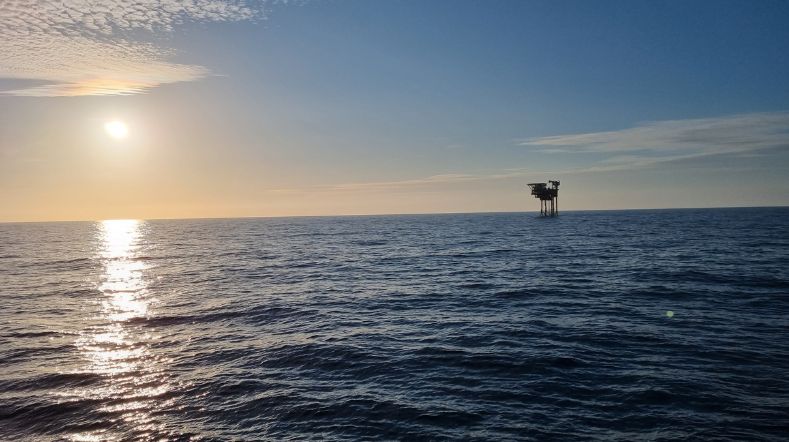

Heat
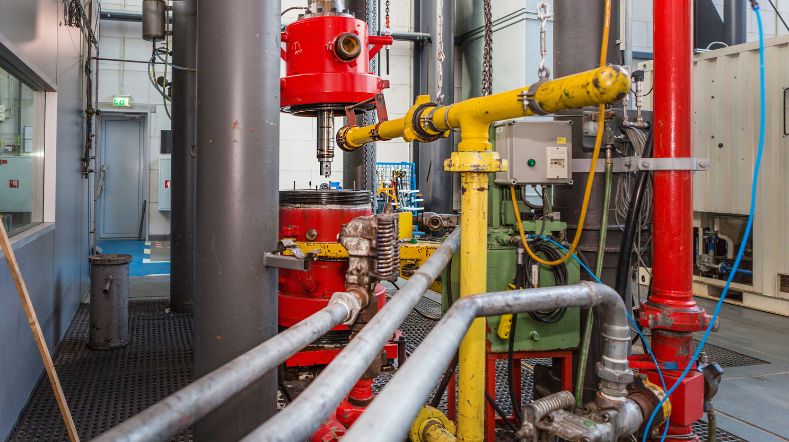

Geothermal energy: sustainable heat from the subsurface
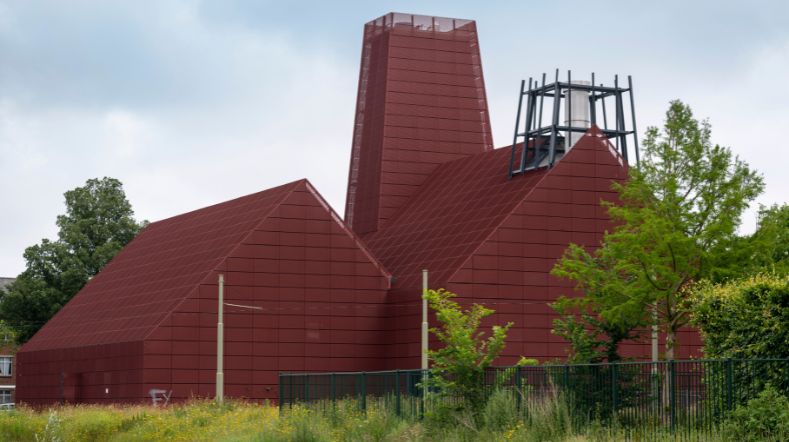

Smarter storage: how TNO optimises thermal energy storage
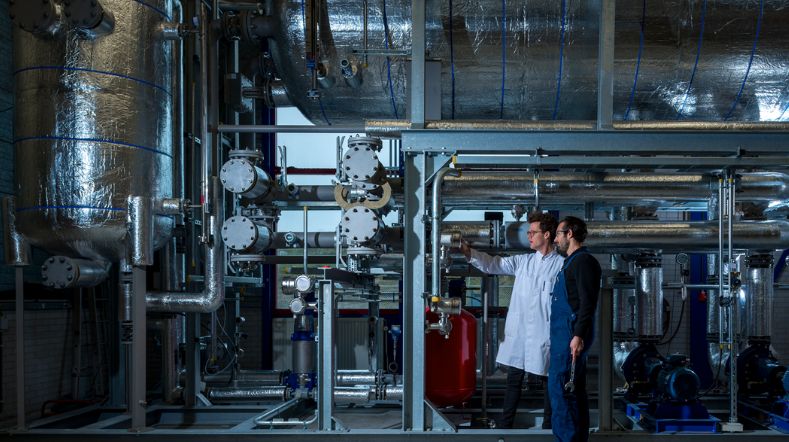

Heat system integration: aligning all the pieces
